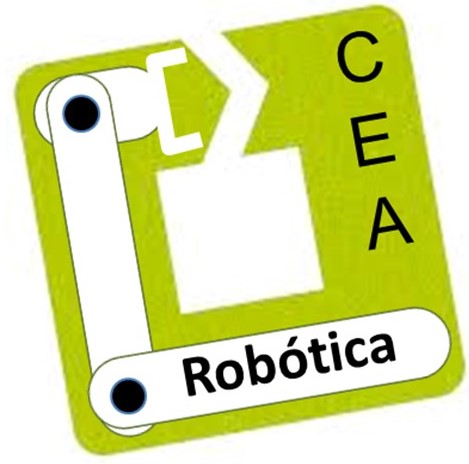The Robotics and Artificial Intelligence group of the Miguel Hernández University of Elche is a multidisciplinary group formed by specialists in different disciplines such as medicine, engineering, computer science, physiotherapy, occupational therapy, etc. The distinctive character of the group lies in the synergic contribution of all its members to be able to face with guarantees of success the study of the complex interactions between living systems and artificial systems. Our main objectives are focused on: 1) the design and development of novel advanced robotic rehabilitation systems that improve the motor and cognitive recovery of people who have suffered acquired brain damage; 2) the development of robotic systems that assist elderly people or people with different abilities in performing activities of daily living; and 3) the application of developments in robotics and artificial intelligence to other fields, such as industry, medicine, the service sector, etc.
Entity type: Research Group of University/Research Centre/Public Research Organisation
Size: 11-50
Innovation group:
- Healthcare
- Industrial Robotics
- Robot Companions for Assisted Living
State: Alicante
Country: Spain
Contact: Nicolas Garcia-Aracil (nicolas.garcia@umh.es)
Web: https://rai.umh.es/project/projecto-6/
Type of tecnology base of the institution activities
- Healthcare
- Industrial robotics
- Robot companions for assisted living
- Bio-Inspired Robotics
- Wearable Robotics
- AI and Cognition
- Mechatronics
- Socially intelligent Robotcs and Societal Applications
- Telerobotics and Teleoperation
- Entrepreneurship
- Benchmarking and Competitions
Types of activities developed by the institution
- Development and manufacturing of robotic equipment and technologies for end
- Research and development projects
- Training
Project 1
Name: SPLASH: Novel self-adaptive and multimodal robotic rehabilitation systems in controlled support environmentsWeb: https://rai.umh.es/project/projecto-6/
Summary:
SPLASH concept lies in a novel concept to investigate how to perform rehabilitation therapies assisted by robotic devices immersed in a tank of water controlling and changing the water environment and providing focal water-jet stimulation along the therapy session. Also, this new concept of therapies takes advantage of the human into the loop approach, which adapts the therapy taking into account the patient’s intention, action, state, as well as environmental factors.
Funding source: Yes
Funded externally: No
Developed in consortium: Yes

